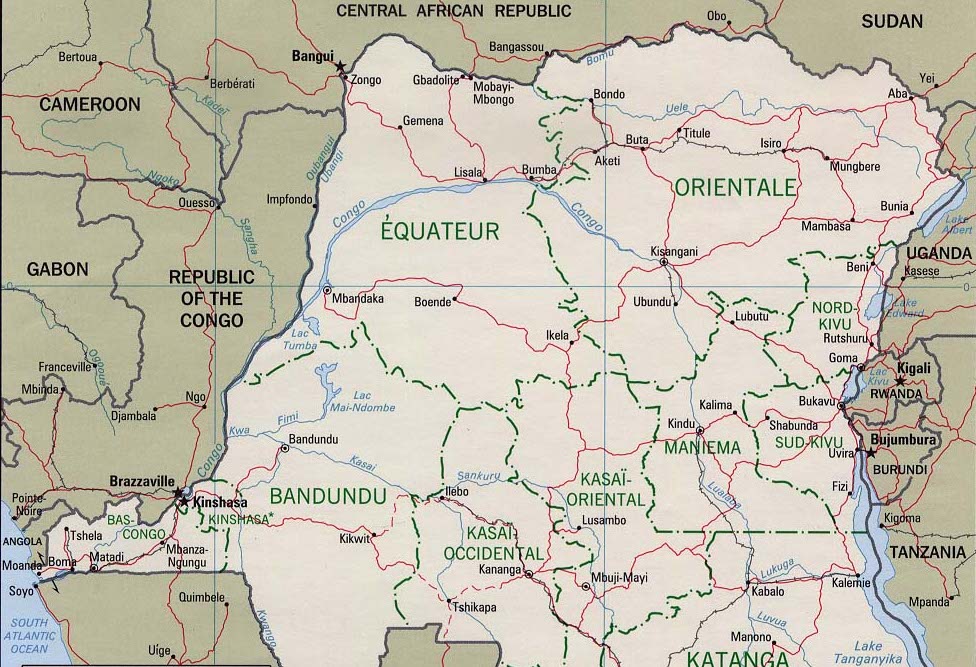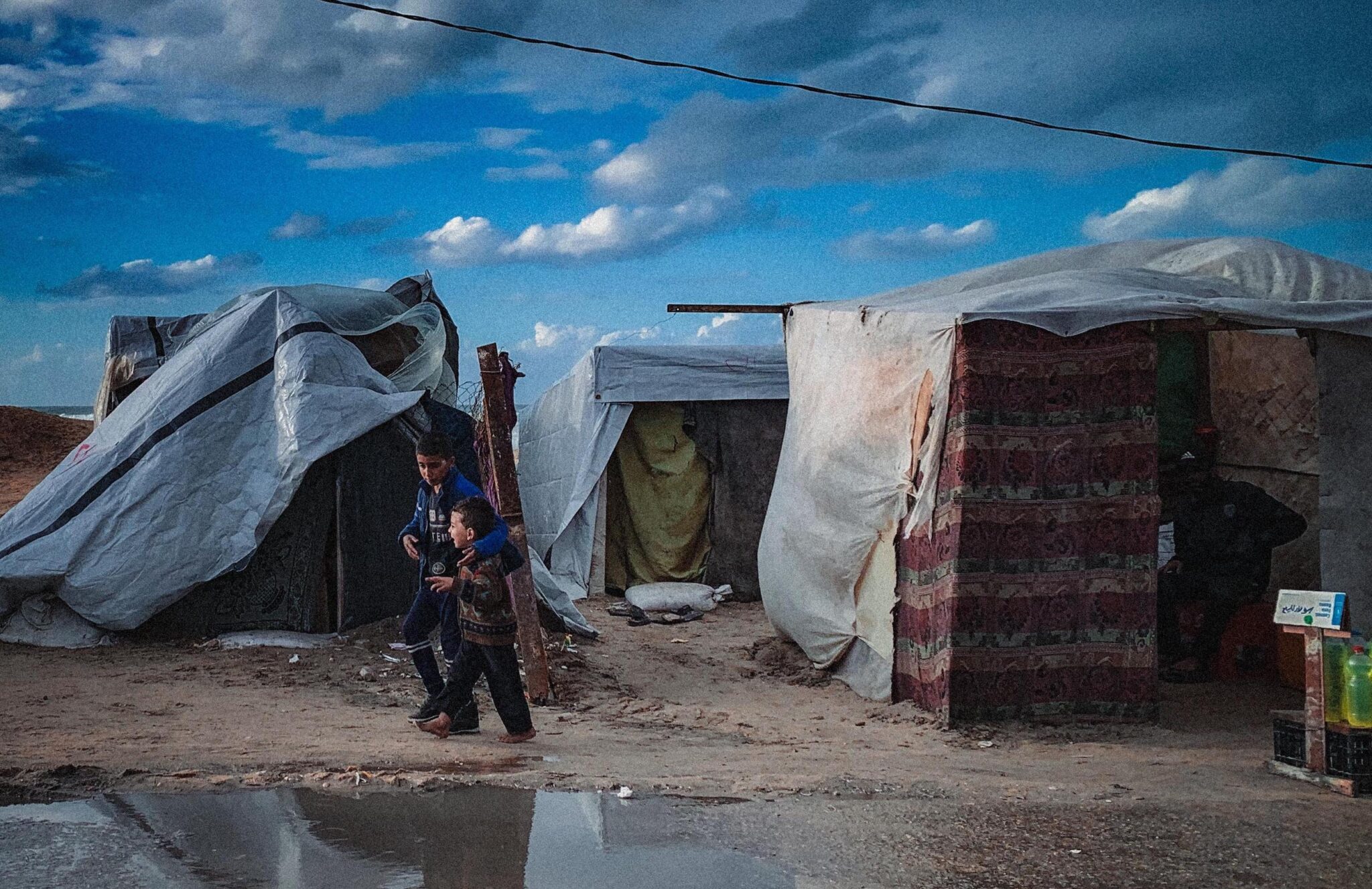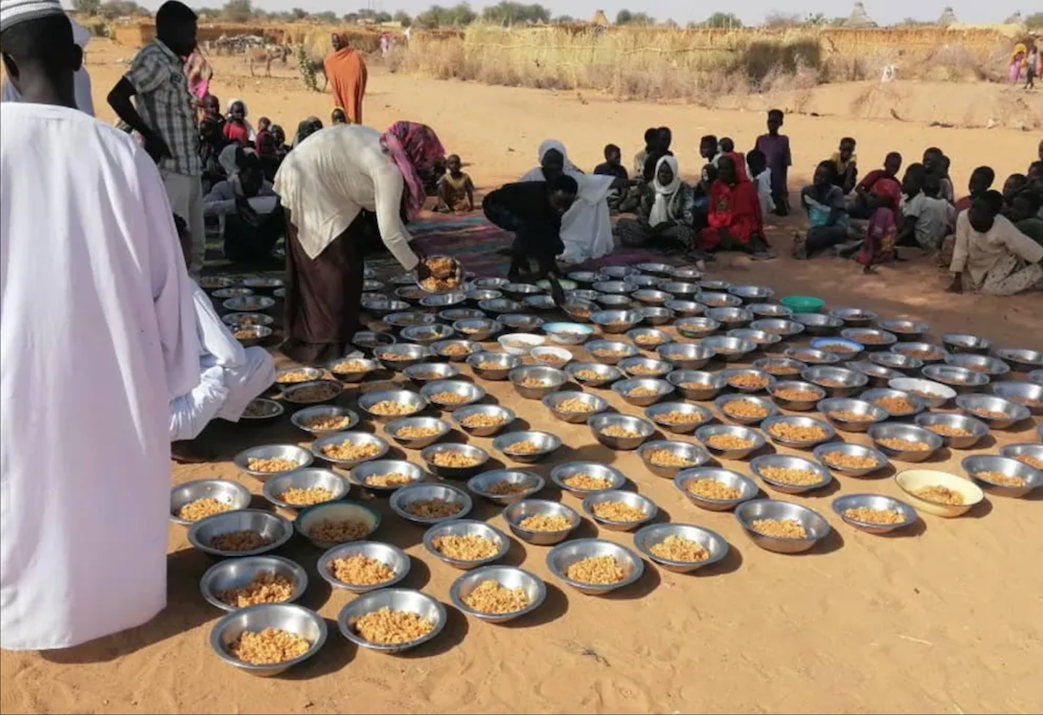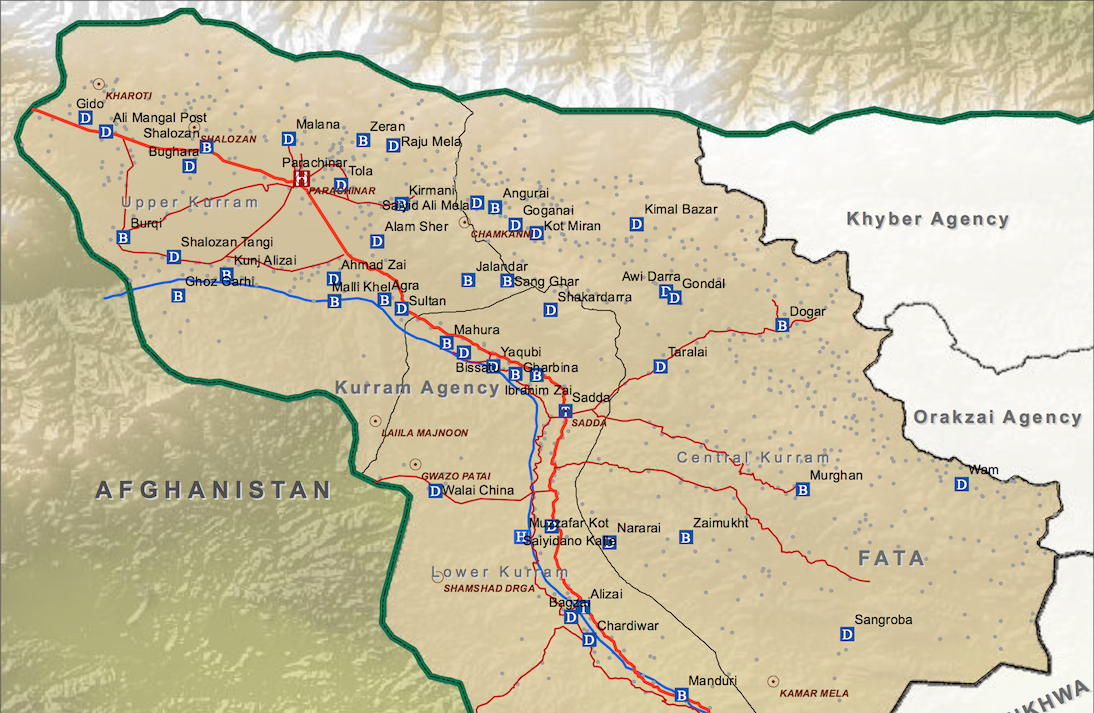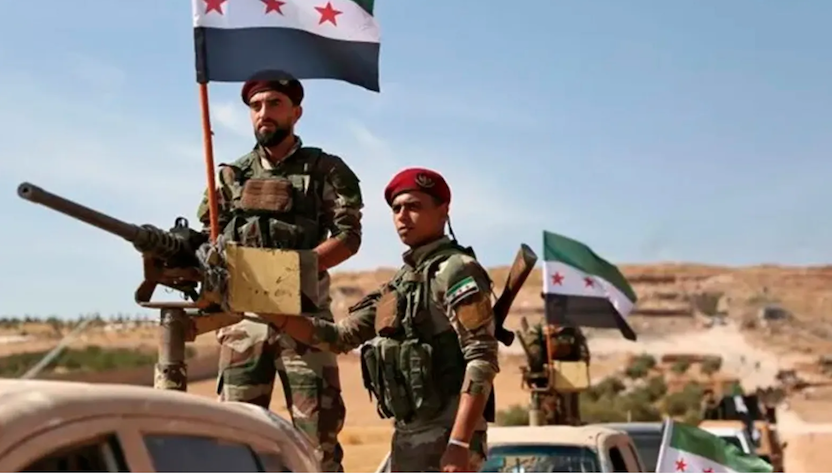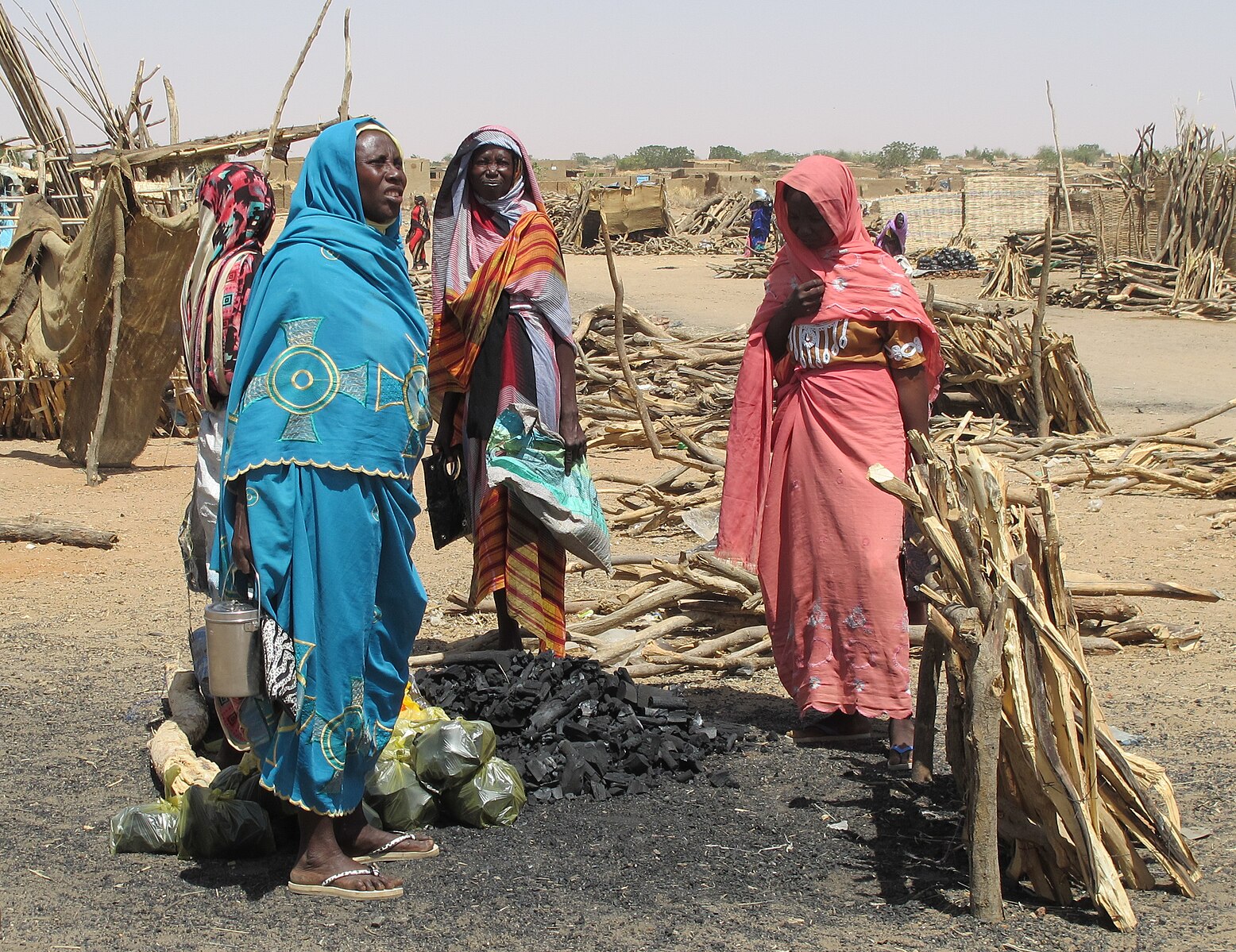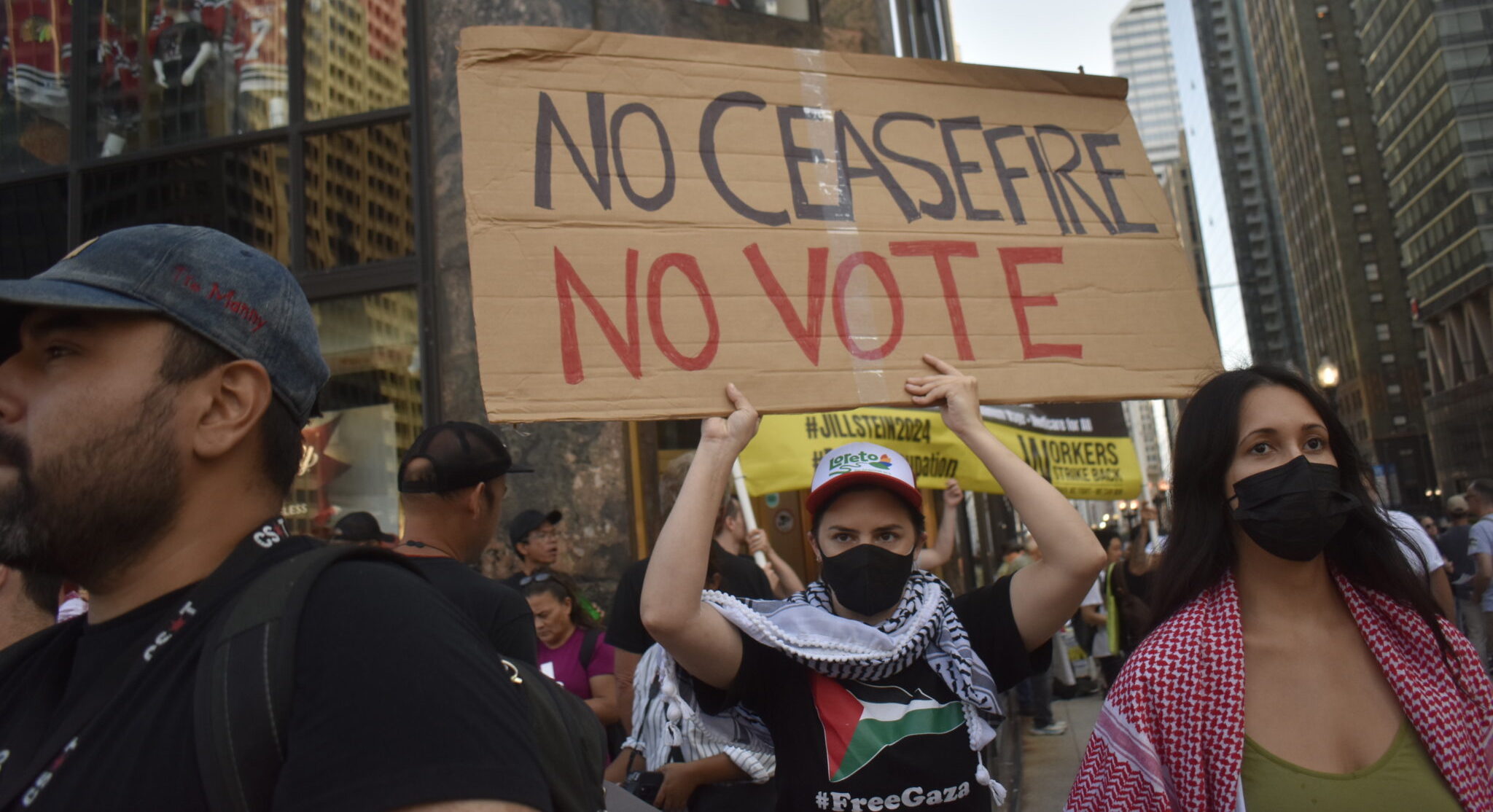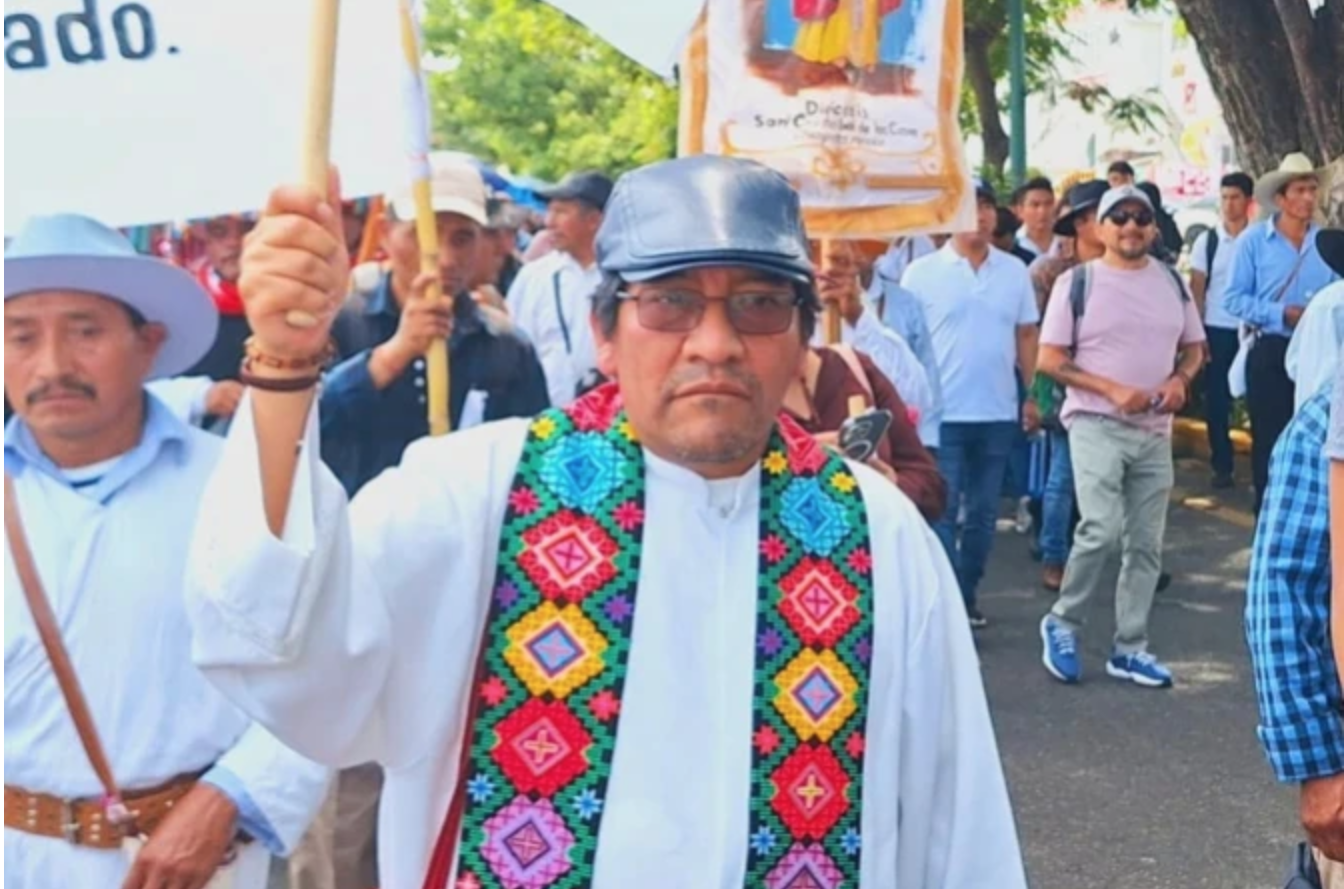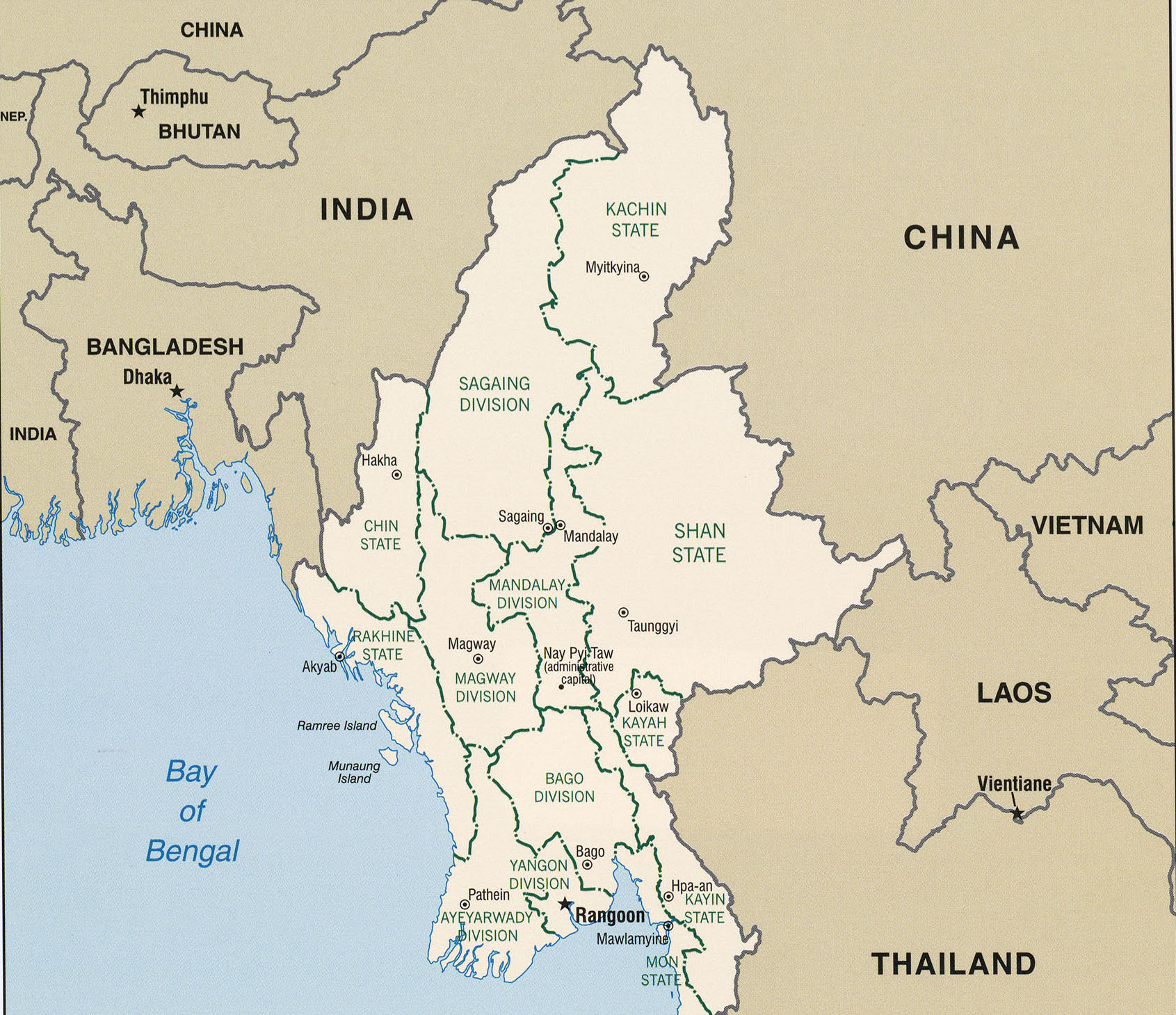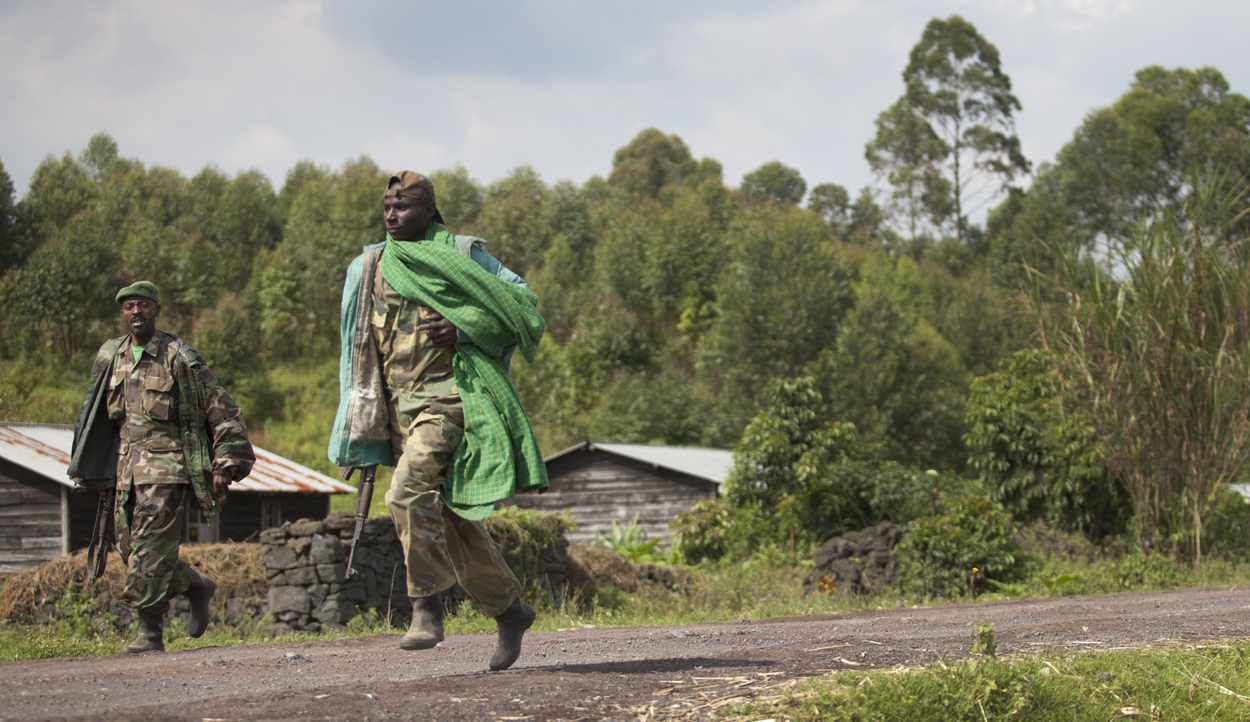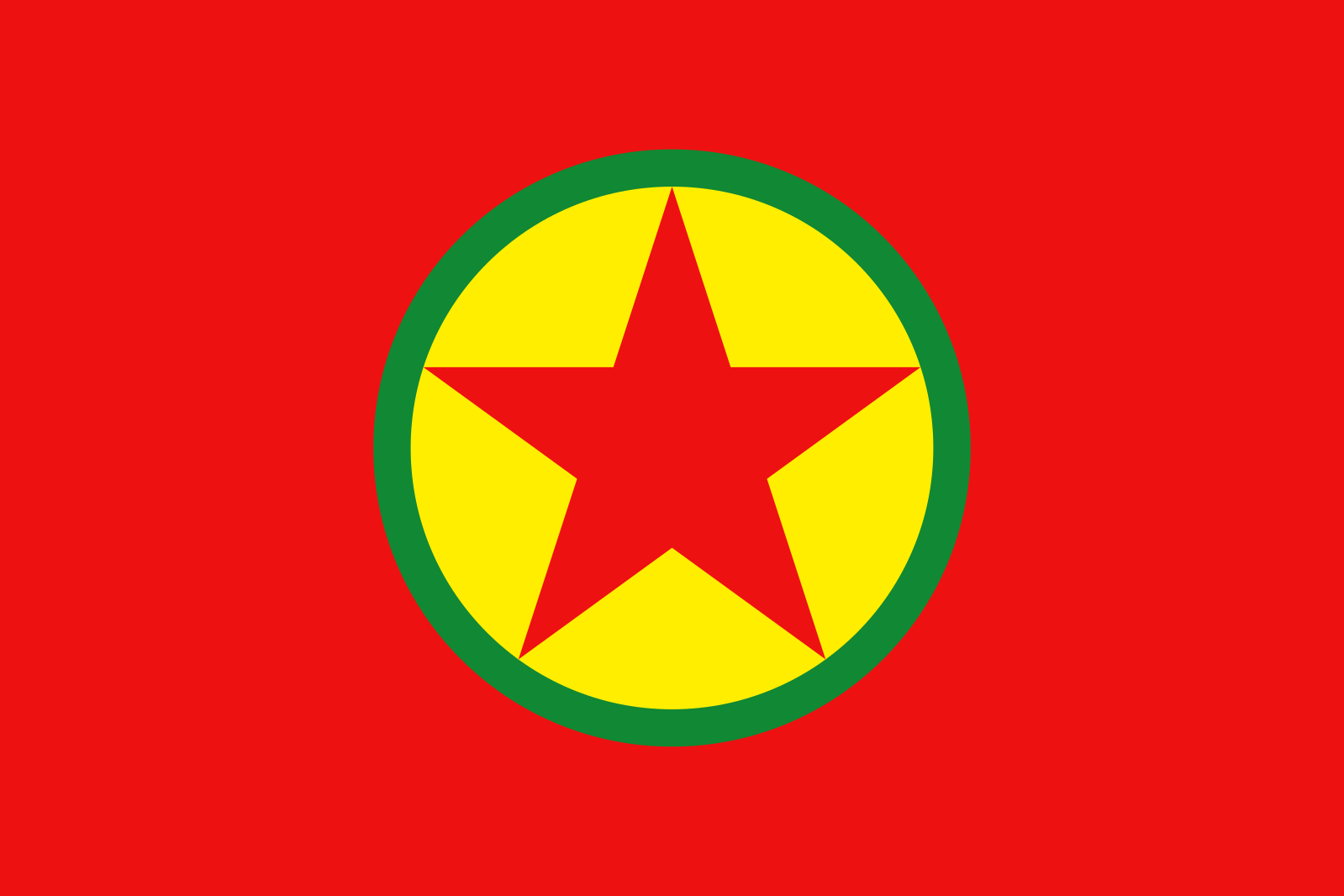
Call for human rights opening after PKK insurgency
Human Rights Watch urged that the call by imprisoned Kurdistan Workers’ Party (PKK) leader Abdullah Öcalan for an end to the organization’s decades-long insurgency against Turkey must serve as a catalyst to end the systematic misuse of terrorism charges against government critics in the country. Öcalan founded the PKK in 1978, and the party waged an insurgency against Turkey for four decades, with approximately 40,000 killed in the conflict. The PKK has been declared a terrorist organization by Turkey, the US and EU. Öcalan is serving a life sentence on the island of Imrali, where he has been imprisoned since his capture in February 1999 for violating the controversial Article 125 of Turkey’s Penal Code. (Image of PKK flag via Wikipedia)



